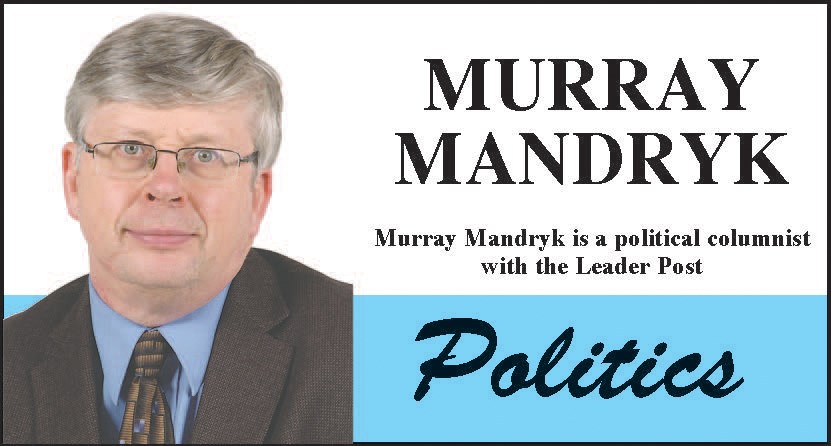Souris-Cannington is the exception that proves the rule when it comes most ridings.
For starters, it really hasn’t changed its penchant to vote Progressive Conservative/Saskatchewan Party for 44 years. This is a long stretch even for modern-day rural Saskatchewan ridings — all of which of which have been solidly Sask. Party since its incept two decades ago.
But what truly makes Souis-Cannington unique is that the governing party held the seat after the longest vacancy in the province’s history.
That doesn’t happen very often, which should be a warning to Premier Scott Moe and his Sask. Party government that seem comfortable allowing seats go vacant far more than year.
But before we go there, let us explore a little history.
Almost three decades ago, the Progressive Conservative wasn’t popular anywhere — even in rural Saskatchewan.
It was the late 1980s/early 1990s after the great SaskEnergy privatization fight and Grant Devine’s PCs found themselves sliding in the public opinion polls.
So bad was the situation that veteran PC MLAs like Bob Andrew (Kindersley), Graham Taylor (Indian Head-Wolseley), Colin Maxwell (Turtleford) and Eric Berntston (Souris-Moose Mountain) all found themselves leaving politics for a variety of reasons. (In the case of Berntson, he became one of the “GST Senators”, appointed by then PC prime minister Brian Mulroney to pass the harmonized sales tax increase through the Senate where it was being blocked by the majority Liberals.)
The problem in Saskatchewan back then is there was no legislative rules as to how long a seat could remain vacant. Presumably fearful of even losing exceedingly safe seats like Kindersley (another of the few seats where voters haven’t changed allegiances in 44 years) and Souris-Moose Mountain, Devine ignored demands to hold by-elections.
The problem was made worse by the fact that the Devine PCs postponed the general election to the last possible moment by extending their mandate to the legal maximum of five years.
That meant voters in these ridings went without representation for the longest period in Saskatchewan history.
One first acts of the new Roy Romanow government was to institute a law in which no seat could go unrepresented for more than six months.
Unfortunately, the law contains an exception that says the premier does not have to call by-elections after 40 months (presumably, to avoid costly by-elections when elections — usually, 48 months or four years apart — are on the horizon.)
The seats of Regina Walsh Acres (represented by Warren Steinley) and Saskatoon Eastview (represented by Corey Tochor) will become vacant soon because both Sask. Party MLAs are nominated as federal Conservative candidates for the Oct. 21 election.
But Moe has delayed the next provincial general election (that really should be held this fall at or around the 48-month mark of the current Sask. Party mandate) until October 2020 to avoid conflict with the federal vote.
What all this now means is that unless the two MLAs decide to resign this week, nothing legally prevents their constituents from going unrepresented for more than an entire year until after the 2020 provincial election.
Of course, Moe could have a change of heart and hold by-elections any time after they resign. Unfortunately, the premier has offered little to suggest that this is his intent.
Moreover, we are currently seeing a cozy relationship between Andrew Scheer’s Conservatives and Moe’s Sask. Party that goes well beyond the two MLAs seamlessly joining federal Conservative ranks as candidates.
Of late, there has been a dustup between the Sask. Party and federal Liberals over federal infrastructure spending that’s supposed to go the province. Evidently, the Sask. Party are trying to draw attention to the federal Liberals handing out pre-election goodies.
But what it really is putting political considerations over what’s best for voters.
That usually doesn’t work out well for the government.
Murray Mandryk has been covering provincial politics for over 22 years.




